An Overview of Delinquent and Outcast Culture in Korean Society
Discussing Bullies, the Bullied, and Ways to Get Help
January 13, 2022
As you wake up from the nightmare of your friends swearing, hitting, and spreading rumors about you on social media, you can’t help but start the day off on the wrong foot. This may sound like a bad dream, but unfortunately, some students in Korean schools live this harsh reality.
South Korea has severe problems with bullying – multiple K-Dramas, webtoons, and novels revolve around the country’s unique yet taboo bullying culture. Similarly, there are plenty of terms ingrained into colloquial dialogue that reflect how common the topic of “school violence”, or “hak-gyo pok-ryok” (학교 폭력) is. In fact, abuse is so rampant that there is a word in the Korean lexicon called “wangtta,” (왕따) which doesn’t have a direct translation into English, but roughly means outcast or victim of bullying. The contrasting word to this would be “iljin,” (일진) which refers to the bullies that are also often delinquents within a school setting.
The ostracism of innocent students occurs for various reasons. Some iljin torment peers because of personal perception of their parents’ powers and ownership. Others will do anything to make it to the top, trapped in the Korean culture of extreme competition and pressure. Iljin turn to bullying to satisfy the need to be superior to other students, especially those who are different from them and their standards of being “cool.” These browbeating students often intimidate the wangtta into buying food, completing homework and assignments, along with a variety of other tasks in a similar vein. Those being bullied are often called “ppangsyeoteul” (빵셔틀). “Ppang” (빵) means bread, which stems from the idea that the wangtta has to buy food and snacks for the bullies out of their own pocket money, but this term applies to any “loner” that does the bullies’ work for nothing in return, out of pure fear.
According to the Korean Ministry of Education, 41.7 percent of students are abused verbally, 14.5 percent are attacked by groups of iljin, with 12.4 percent of students being physically harmed, and 9.8 percent being cyberbullied. If anything, despite the rates of these aggressions increasing since 2020, the government has yet to set a clear solution for struggling victims.
According to Hankook Ilbo (The Korea Times), the data of the past five years from the Ministry of Education shows that no students in Korea committed suicide due to bullying, since the rates were practically non-existent. However, this stems from a lack of reputable data rather than a lack of bullying; many students commit suicide after the stress of continuous verbal and physical abuse from their peers. In 2020, the government could not pinpoint the specific reasons for about ⅓ of underage suicide. Due to such unreliable data sources, Korean teens and adults alike continue to doubt these figures, with popular opinion being that the government’s statistics regarding such a serious topic is untrustworthy and deceiving, an attitude that undermines the seriousness of this rising issue among the youth.
For instance, a student decided to take their own life in 2020 due to the stress of aggressive harassment and cyberbullying from others, but the courts didn’t claim the oppressors as guilty during the trial. Despite the testimonies and repeated presentation of evidence that the attackers were at fault, the iljin did not receive any restrictions until recently when the case was brought up again.
On the bright side, however, people are advocating to stop student-caused violence. For example, the Youth Cyber Counseling Center gives out various tips on how to handle school violence and how to protect yourself from the aforementioned delinquents. For more help about this topic, please call 1388.
Next to Ms. Medina’s room on the 2nd floor, you can check out creative posters created by 6th graders that advocate against brutality amongst classmates. The posters help you learn multiple ways to resist and react to unjustifiable actions that may occur on campus.
Korean society continues to face difficulties dealing with bullying today, but fortunately, people are coming out with solutions and voicing their opinions to help the victims. Remember to always reach out for help and give a hand to make school life better.

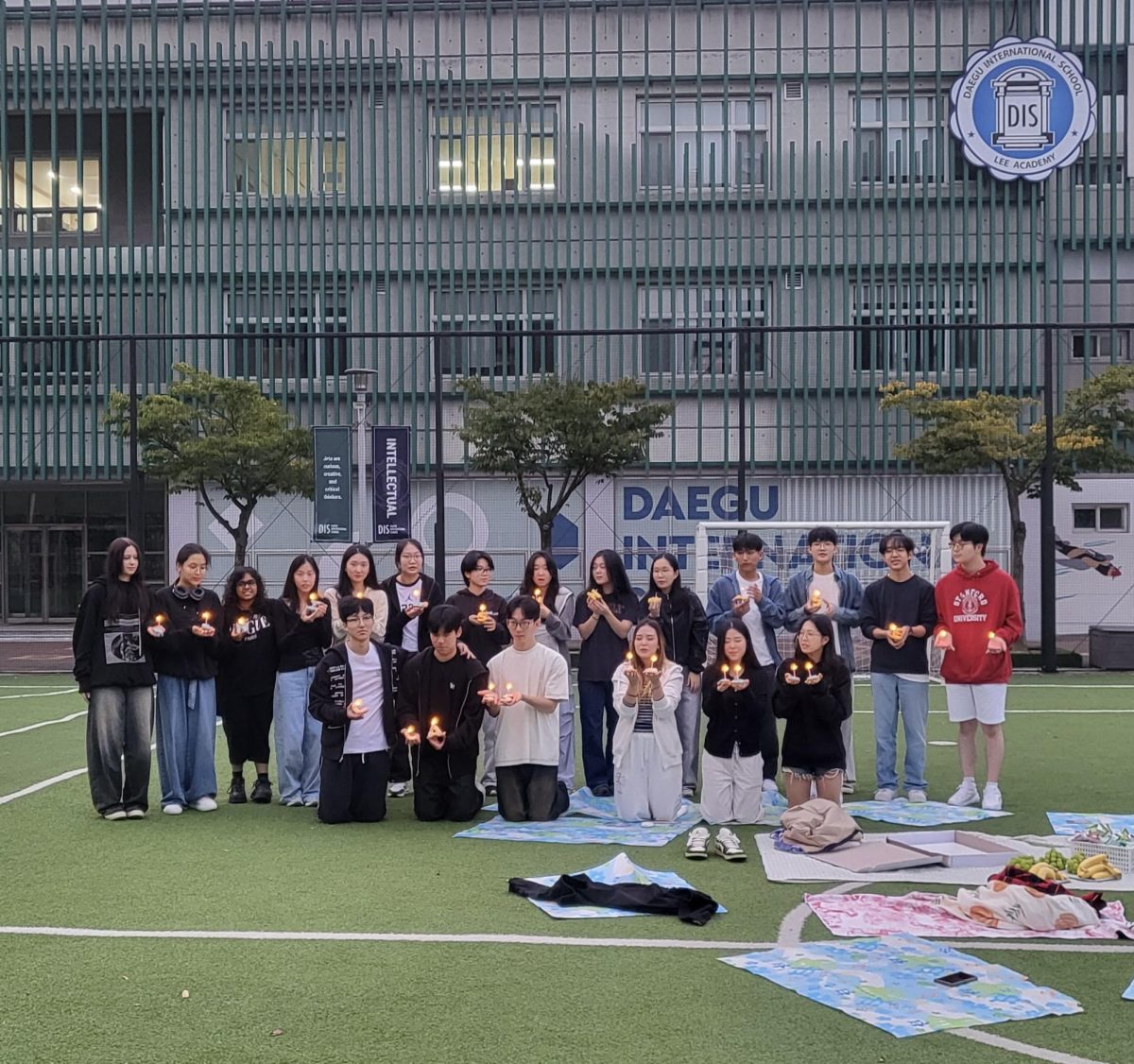











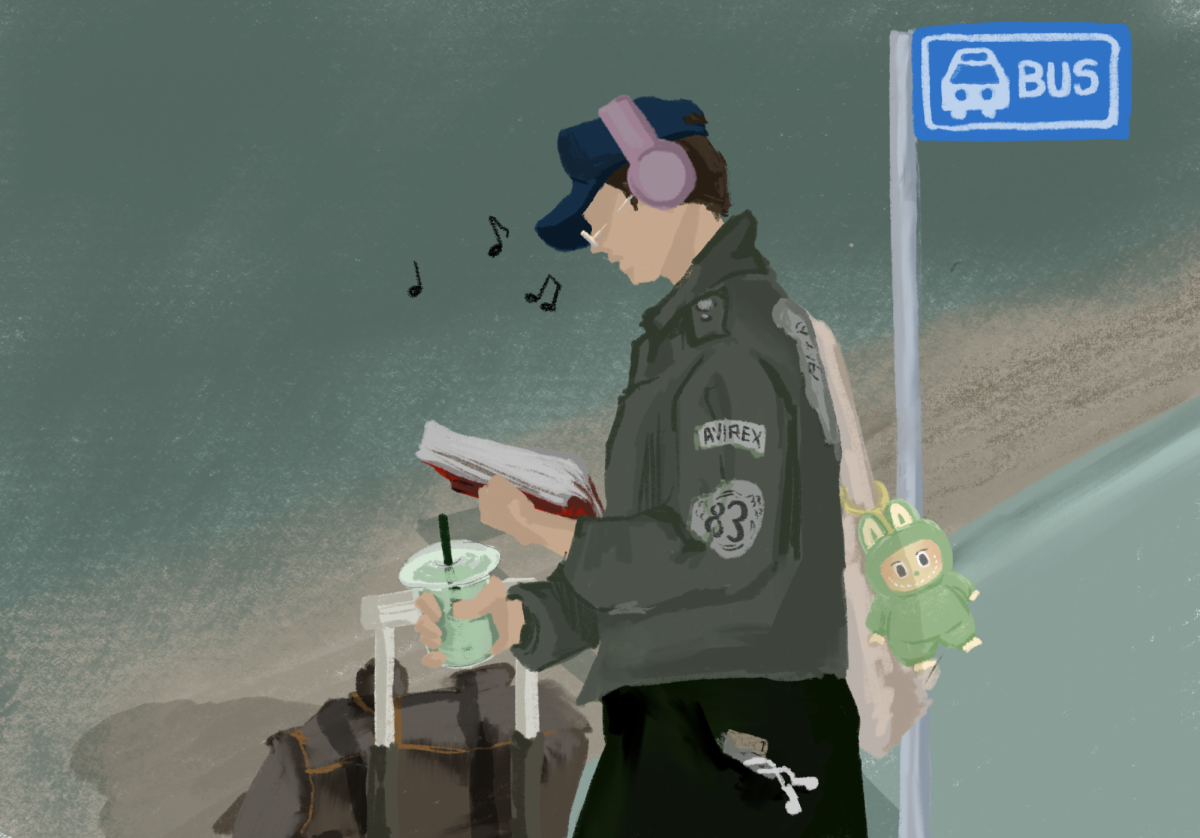
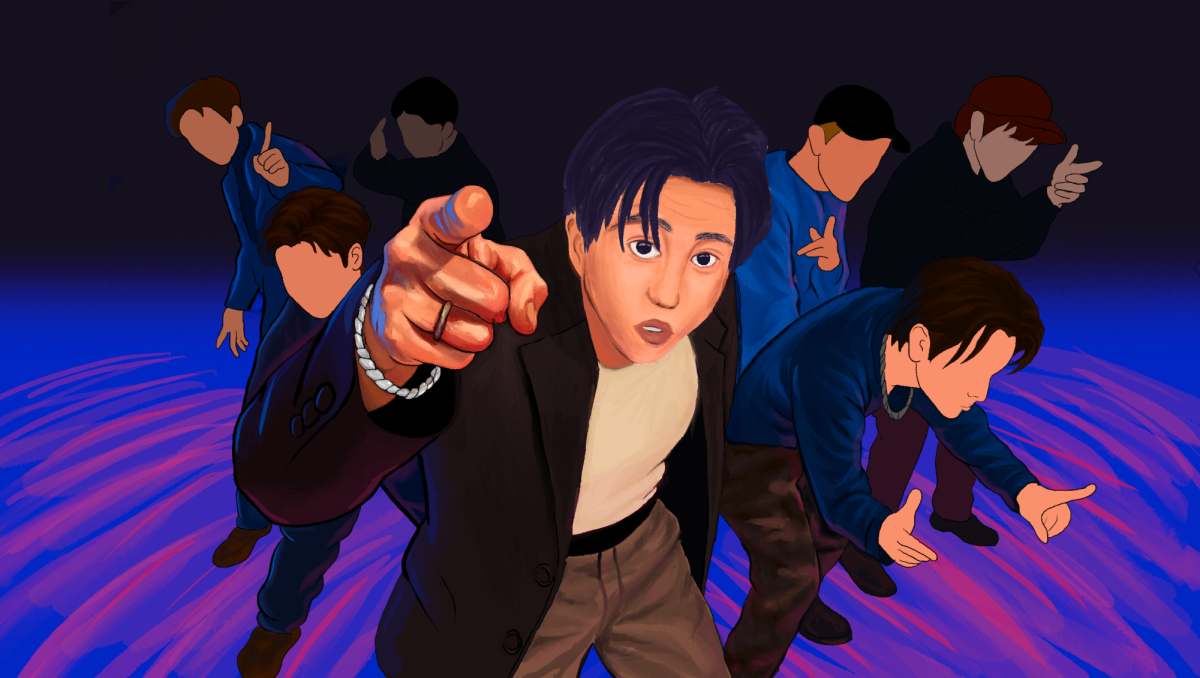



































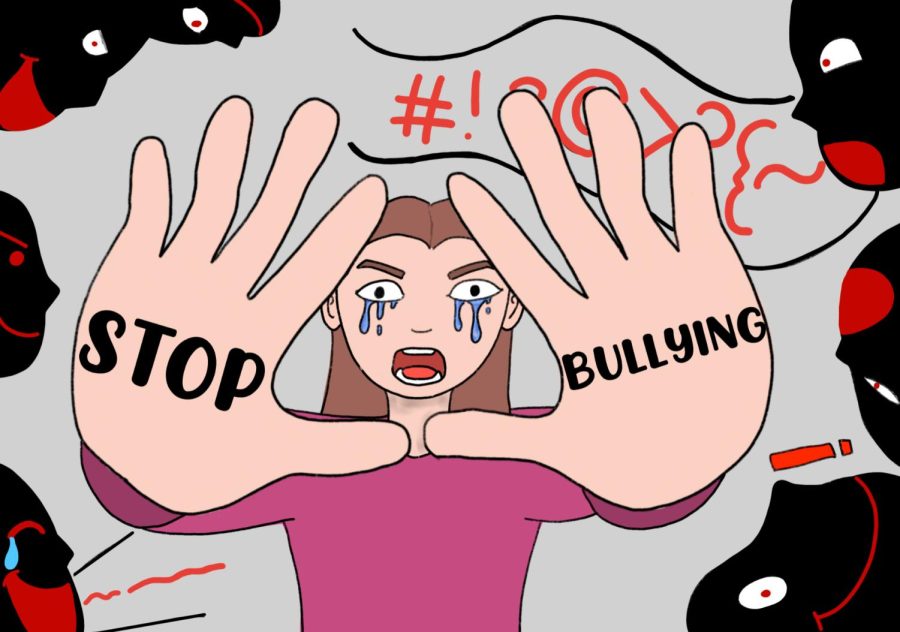

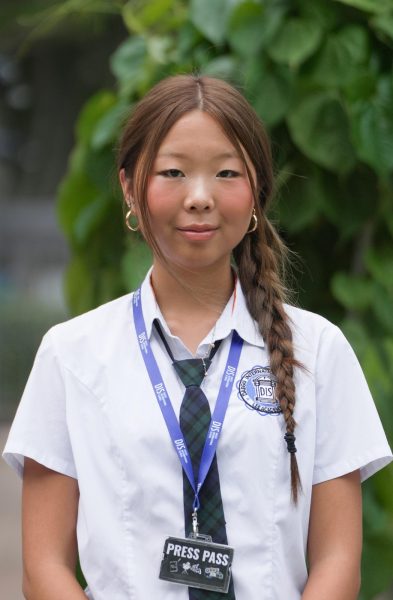

Leewen Wang • Jan 20, 2022 at 6:36 pm
By reading this article, I could connect how some dramas and movies I saw were also included with bullying. This article really shows the main point.
Jake p • Jan 20, 2022 at 6:31 pm
I hope bullying becomes diminished soon.
Sean • Jan 20, 2022 at 6:28 pm
That is a very sad fact about the Korean society that I didn’t know. Thank you for the information!
Maddox • Jan 20, 2022 at 6:24 pm
I’m glad that you made an article about this because of how people are treated nowadays. Great job!